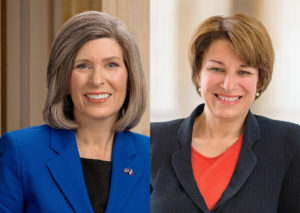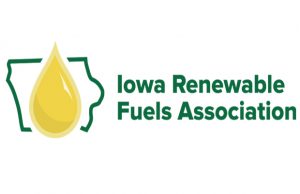 The Renewable Fuels Association 26th annual National Ethanol Conference begins tomorrow, February 16, bringing an all-new format that will allow for more industry leaders to participate in what has always been the most widely attended executive-level policy and marketing conference for the ethanol industry.
The Renewable Fuels Association 26th annual National Ethanol Conference begins tomorrow, February 16, bringing an all-new format that will allow for more industry leaders to participate in what has always been the most widely attended executive-level policy and marketing conference for the ethanol industry.
“The 2021 National Ethanol Conference promises to offer something of interest for everyone, whether their focus is on energy policy, environmental issues, domestic and international market development, new technologies, or consumer education and marketing,” said RFA President and CEO Geoff Cooper. “We’ve lined up a terrific group of speakers and panelists who are renowned thought leaders at the intersection of the energy and agriculture sectors. I have no doubt that all attending will come away from this year’s event more informed and more connected.”
With a new time-saving schedule spread over three days, from Feb. 16-18, the NEC will allow participants to take part completely in the all-digital program without missing their daily workplace responsibilities, especially because all those registered will have access to all the sessions either live or on-demand. Our digital platform also offers multiple, easy-to-use opportunities to conduct business with fellow industry customers and clients—all without the travel expense.
Cooper provides a preview of the event in this interview.
2021 NEC Interview with Geoff Cooper, RFA 12:50
Registration and other information about the National Ethanol Conference can be found at NationalEthanolConference.com.
Enjoy photos from the National Ethanol Conference for the past 13 years in this compilation photo album.
National Ethanol Conference Through the Years 2007-2020


 The Chair of the
The Chair of the  The
The 
 With all the buzz about electric vehicles and ideas that the combustion engine is on the way out, where does ethanol fit in the future picture of automobiles?
With all the buzz about electric vehicles and ideas that the combustion engine is on the way out, where does ethanol fit in the future picture of automobiles?
 Kentucky-based
Kentucky-based  The
The  Senators Amy Klobuchar (D-MN) and Joni Ernst (R-IA) this week
Senators Amy Klobuchar (D-MN) and Joni Ernst (R-IA) this week 